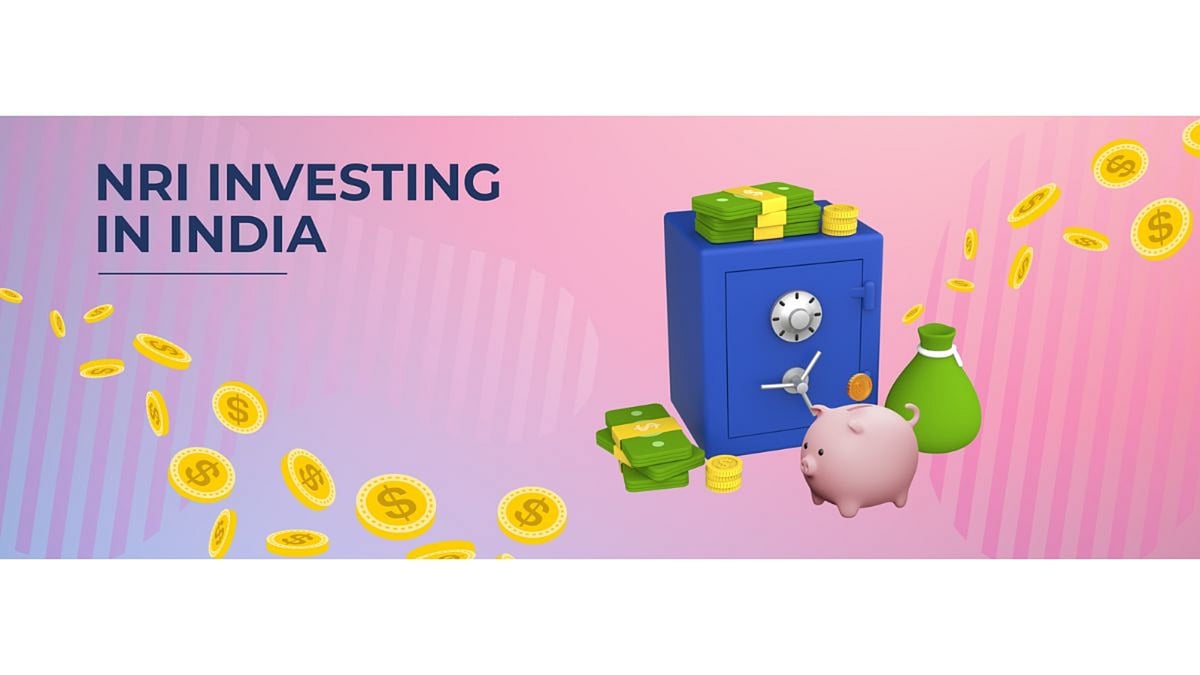NRIs Guide to Investing in PMS in India
A Comprehensive Guide for Non-Resident Indians to Invest in Portfolio Management Services in India

advertisement
India’s growing economy and robust markets offer great investment opportunities for NRIs. Portfolio Management Services (PMS) provides a personalized investment approach where NRIs can have their portfolios managed by professional fund managers. This guide will walk you through the step by step process of how NRIs can invest in PMS in India and be compliant with regulations and get optimal portfolio management.
1. What is Portfolio Management Services (PMS)
PMS are investment services offered by professional portfolio managers who create and manage a diversified portfolio as per the investor’s financial goals and risk profile. Unlike mutual funds, PMS provides direct ownership of securities, more transparency and customization.
Key Features:
●Customization: Portfolios are created as per individual investment objectives.
●Transparency: Investors have direct ownership of securities.
●Professional Management: Experienced fund managers make investment decisions.
2. Eligibility for NRIs
To invest in PMS in India, NRIs must:
●Be classified as a Non-Resident Indian under the Foreign Exchange Management Act (FEMA).
●Have a valid Permanent Account Number (PAN) issued by the Indian Income Tax Department.
| Feature | NRE Account | NRO Account |
|---|---|---|
| Currency | Indian Rupees (INR) | Indian Rupees (INR) |
| Repatriation | Fully repatriable (principal and interest) | Repatriable up to USD 1 million per financial year |
| Taxation | Interest income is tax-free in India | Interest income is taxable in India |
| Source of Funds | Foreign income | Income earned in India |
| Usage | Ideal for investments with repatriation intent | Suitable for managing income earned in India |
●Comply with Know Your Customer (KYC) norms as prescribed by the Securities and Exchange Board of India (SEBI).
3. NRE or NRO Account
NRIs can invest in PMS through either Non-Resident External (NRE) or Non-Resident Ordinary (NRO) accounts. Understanding the difference is key.
4. Step by Step Process to Invest in PMS
Step 1: Complete KYC
SEBI requires all investors to complete KYC. NRIs need to submit the following documents:
●PAN card copy
●Passport (with visa details)
●Overseas address proof
●Recent passport-sized photographs
●Bank statements (NRE/NRO accounts)
●FATCA/CRS declarations(sbnri.com)
Note: Documents should be attested by Indian Embassy, notary public or authorized officials.
Step 2: Open NRE/NRO Bank Account
Choose between NRE or NRO accounts as per your repatriation needs. These accounts will be the source of funds for your investments.
Step 3: Open Demat and Trading Account
Demat account is necessary to hold securities in electronic form. NRIs need to open separate Demat accounts for NRE and NRO investments. A trading account is required to execute buy/sell transactions.
Source:SBNRI - Documents Required for NRI Demat Accounts bnri.com
Step 4: Select SEBI Registered Portfolio Manager
Research and choose a SEBI registered portfolio manager who matches your investment objectives. Check their track record, investment strategy and fee structure.
Step 5: Sign PMS Agreement
Enter into a formal agreement with the portfolio manager, detailing the investment strategy, fees, risk factors and other terms and conditions.
Step 6: Fund Your Account
Transfer the desired investment amount (minimum ₹50 lakhs as per SEBI regulations) from your NRE/NRO account to the PMS account.
5. Tax for NRIs
Tax implications are key:
●Capital Gains Tax: NRIs are liable to pay capital gains tax on sale of securities.
○Short-term capital gains (held for less than 12 months): 15%
○Long-term capital gains (held for more than 12 months): 10% (for gains above ₹1 lakh)
●Dividend Income: Taxed as applicable.
●Double Taxation Avoidance Agreement (DTAA): NRIs can benefit from DTAA between India and their country of residence to avoid double taxation.
6. Terms and Conditions
●FEMA Compliance: All investments must comply with FEMA.
●KYC Updates: Banks may require periodic KYC updates. Failure to do so can result in account restrictions.
●Single PMS Account: NRIs can have only one PMS account at a time.
7. Benefits of PMS for NRIs
●Customized Portfolio: Portfolios tailored to individual financial goals.
●Professional Management: Fund managers take investment decisions.
●Transparency: Direct ownership of securities allows for easy tracking.
●Flexibility: Invest in various asset classes.
Conclusion
PMS is a structured way for NRIs to manage their wealth in India. By understanding the rules, opening the right accounts and partnering with experienced PMS, NRIs can navigate the Indian investment landscape and achieve their financial goals.
Note: This is for general information purposes only. Please consult financial and legal advisors before investing.